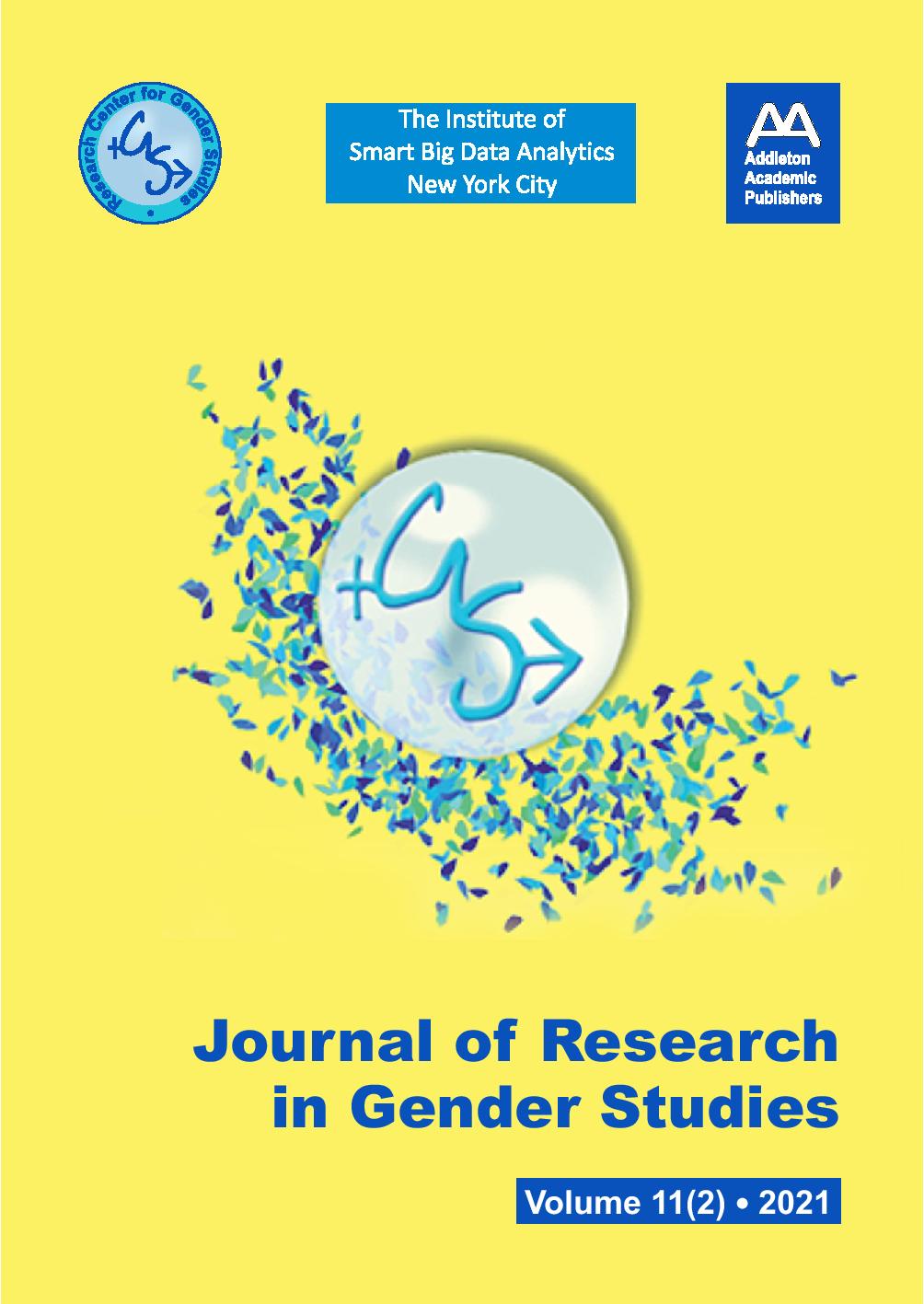Digital Semantics of Beauty Apps and Filters: Big Data-driven Facial Retouching, Aesthetic Self-Monitoring Devices, and Augmented Reality-based Body-Enhancing Technologies
Digital Semantics of Beauty Apps and Filters: Big Data-driven Facial Retouching, Aesthetic Self-Monitoring Devices, and Augmented Reality-based Body-Enhancing Technologies
Author(s): Ramona Mihăilă, Ludmila BranișteSubject(s): Gender Studies
Published by: Addleton Academic Publishers
Keywords: beauty; app; filter; augmented reality; facial retouching; big data
Summary/Abstract: Based on an in-depth survey of the literature, the purpose of the paper is to explore digital semantics of beauty apps and filters. With growing evidence of big data-driven facial retouching, aesthetic self-monitoring devices, and augmented reality-based body-enhancing technologies, there is a pivotal need for comprehending the relationship between machine-driven facial retouching, digital filter-based beauty apps, and image datafication. In this research, previous findings were cumulated showing that photo editing apps constitute a risk determinant for users’ body image concerns, and contribute to the literature by indicating that aesthetic comparing apps algorithmically appraise face and body perception. Throughout April 2021, a quantitative literature review of the Web of Science, Scopus, and ProQuest databases was performed, with search terms including “beauty apps,” “face filter apps,” “beauty filter apps,” and “facial editing apps.” As research published between 2017 and 2021 was inspected, only 144 articles satisfied the eligibility criteria. By taking out controversial or ambiguous findings (insufficient/irrelevant data), outcomes unsubstantiated by replication, too general material, or studies with nearly identical titles, we selected 20 mainly empirical sources. Subsequent analyses should develop on body-enhancing technologies and face-filters that harness augmented reality. Future research should thus investigate snapchat and selfie dysmorphia. Attention should be directed to how filtered selfies have led to an interest in facial plastic surgery.
Journal: Journal of Research in Gender Studies
- Issue Year: 11/2021
- Issue No: 2
- Page Range: 100-112
- Page Count: 13
- Language: English
- Content File-PDF

